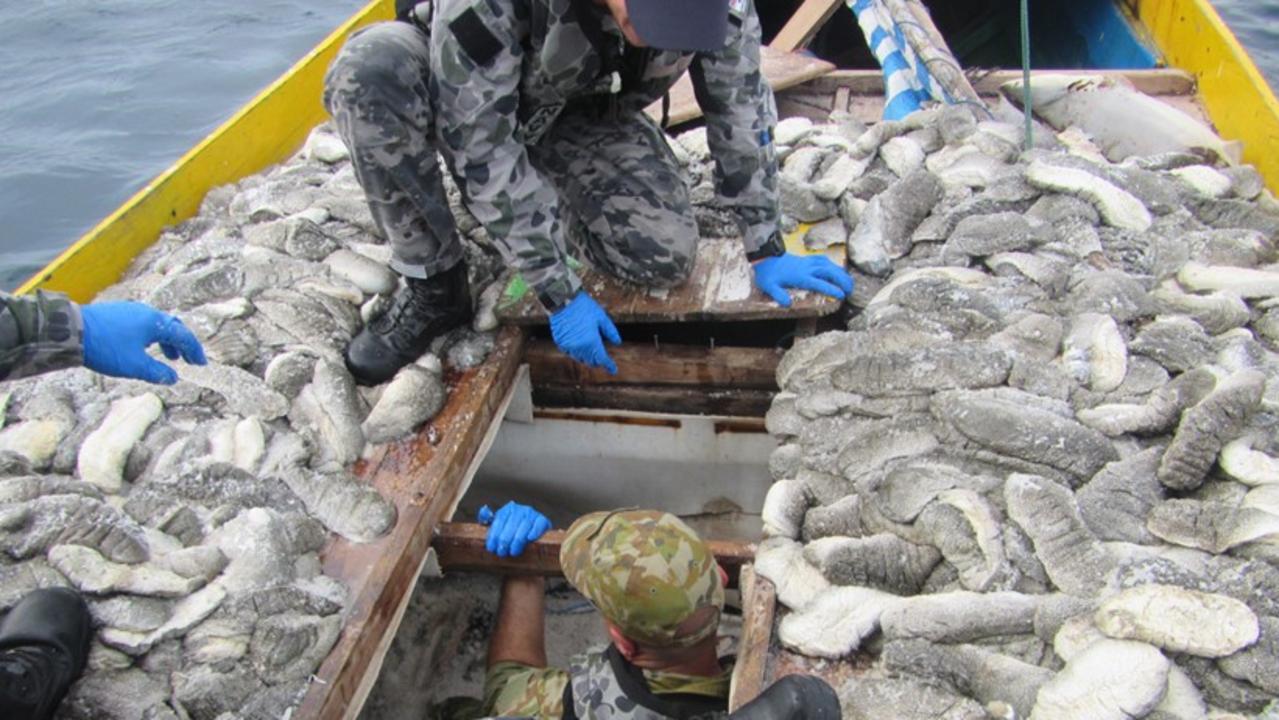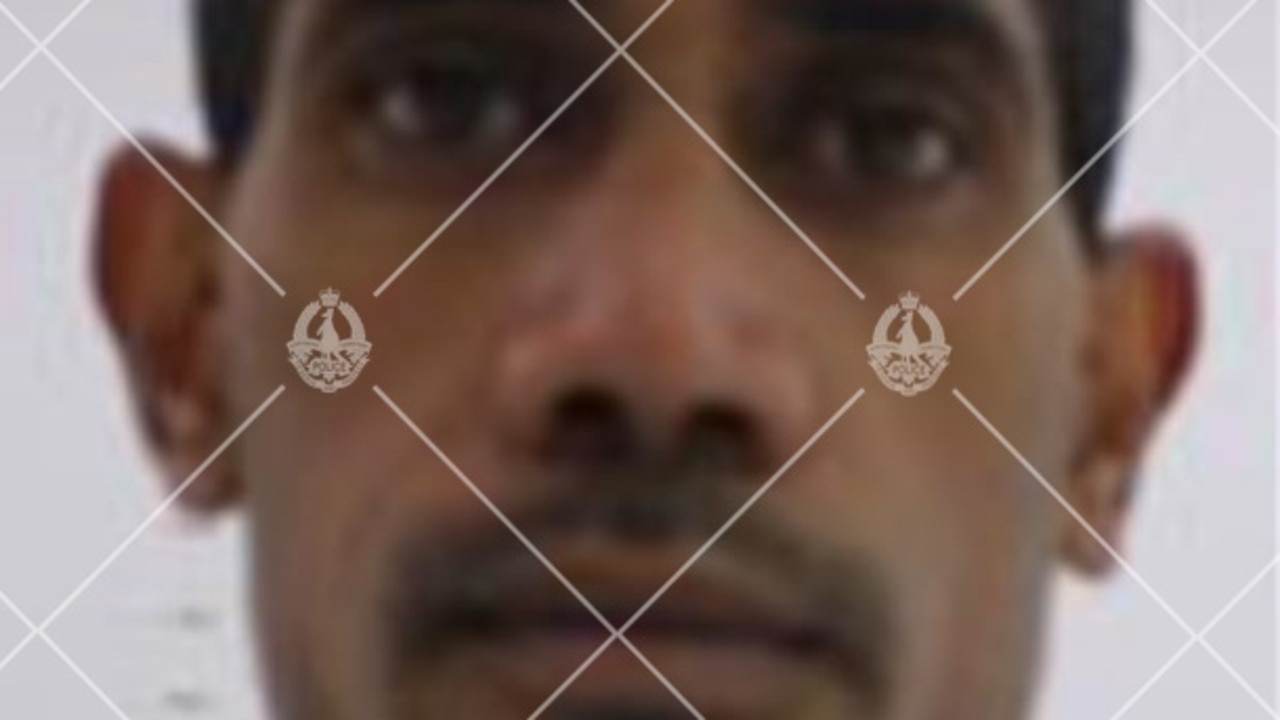30-year-old NT cabinet secrets finally revealed
A GLIMPSE into the earliest days of the Perron Government has been given to the public for the first time
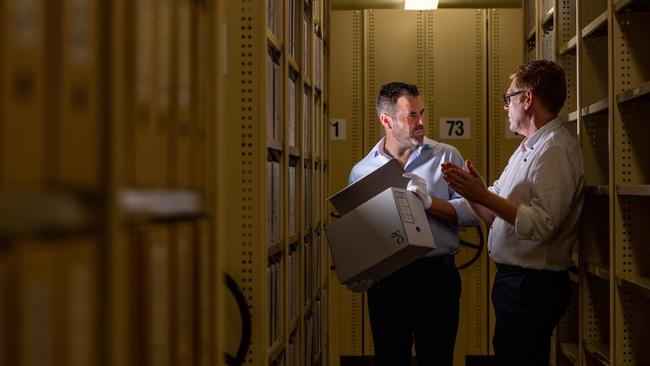
Politics
Don't miss out on the headlines from Politics. Followed categories will be added to My News.
- Chief Minister’s office defends $7000 Nhulunbuy charter flight spend
- NT acted “prematurely” opening up to Sydney in light of mystery cases, health group says
A GLIMPSE into the earliest days of the Perron government has been given to the public for the first time, with cabinet secrets from 1990 released today.
The NT Archives has released key cabinet records from 1990, telling the hidden stories behind some of the Territory’s most notable events of the time.
The 1990s saw a period of radical alcohol policy reform in the Northern Territory.
MORE TOP NEWS
NT borders to close again to Greater Sydney as cases surge
Boozing birds, UFOs: The NT News’ weirdest stories of 2020
VIDEO: Trio rescue turtle wrapped in old fishing net 25km offshore
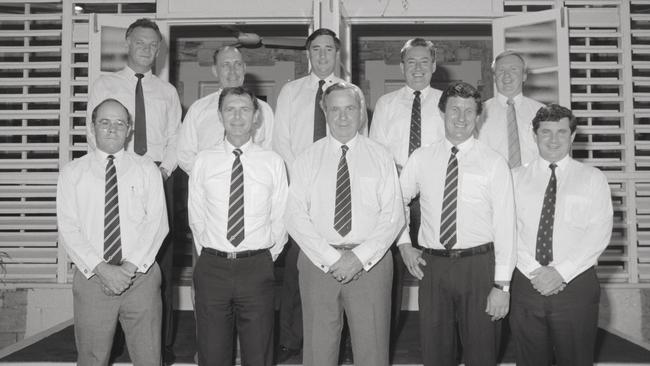
Under CLP chief minister Marshall Perron, the government introduced the Living With Alcohol policy to reduce alcohol-related harm in 1991, which ran until 2000.
Unlocked 1990 cabinet documents reveal that then police commissioner Mick Palmer had been pushing the government to do more on grog reform behind closed doors.
Mr Palmer made a submission to cabinet in June as they moved to adopt a national health policy on alcohol for the first time.
“It is well recognised that the alcoholic is the last to admit a drinking problem or alcoholism, yet family and friends are acutely aware of the individual’s problem but are unable to do anything about it,” he said.
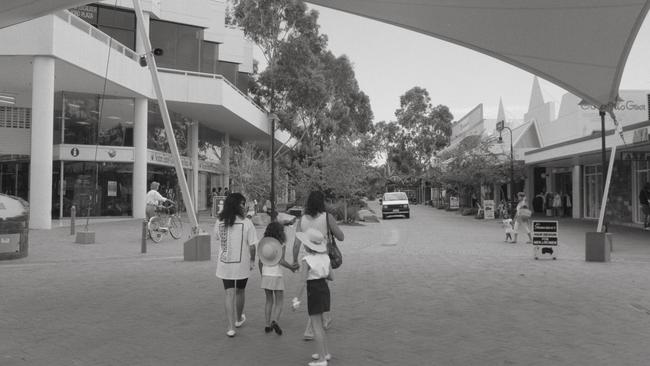
“There needs to be a mechanism whereby they can implement a process which will provide that care, help and rehabilitation for the alcoholic.”
After securing re-election for his CLP government in October that year, Mr Perron went on to introduce significant price hikes for alcohol and stringent new laws to turn around the NT’s image as the home of Australia’s “bloody good drinkers”.
The government also banned drinking competitions and restricted happy hours to reduce alcohol problems.
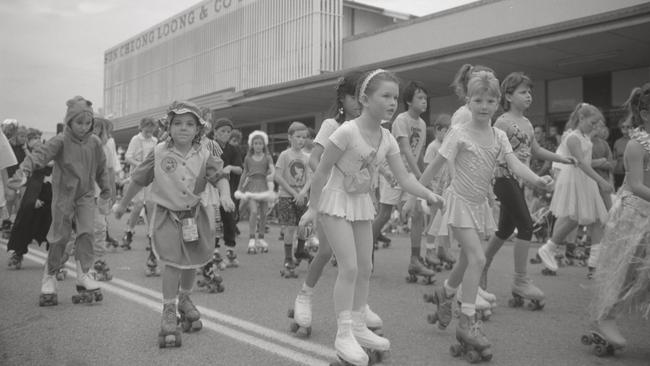
The year 1990 was a busy period for cabinet, among other things, during that time debate began about funding arrangements between the NT and commonwealth governments in relation to the newly formed Northern Territory University (NTU), now known as Charles Darwin University.
Cabinet also approved that all existing NTU facilities at Myilly Point would be relocated to Casuarina at the cost of $4m, instead of a location in Palmerston that had also been looked at.
Other cabinet highlights of 1990 included the NT government approving, in-principle, the establishment of a new national park centred on the Davenport and Murchison ranges near Tennant Creek.
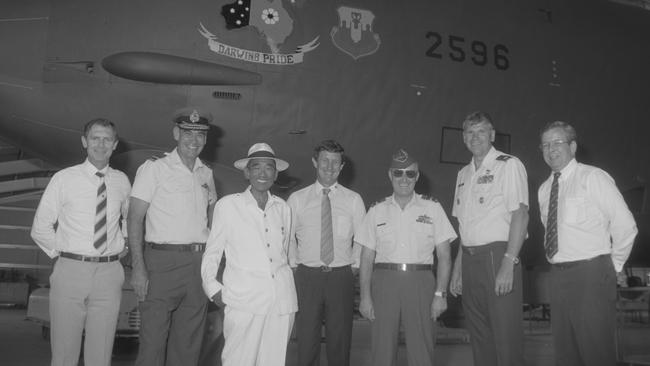
Cabinet also moved to align the NT with Australia’s national and international agreements to phase out the use of ozone-depleting substances, by introducing the Ozone Protection Bill to the Legislative Assembly.
In light of high growth in airline and passenger traffic, cabinet members also signed off on a $3.5m redevelopment of Connellan Airport near Uluru to extend the landside and airside facilities.
Following the findings of an interdepartmental committee on privacy legislation, cabinet also approved a range of administrative measures aimed at increasing the strength of personal information protections within government.
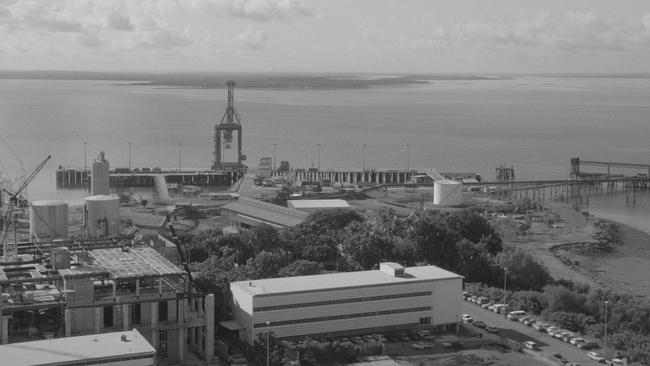
Minister for Art, Culture and Heritage Chansey Paech said stepping back in time and looking at those 1990 cabinet documents was an important part of understanding some of major decisions that have shaped the Territory.
“1990 was a year of many new things – it was the year that the 80 Series Land Cruiser came out onto the Australian market, Tiny Teddys were released for the first time, and Triple J was first heard on the airwaves of the Northern Territory,” he said.
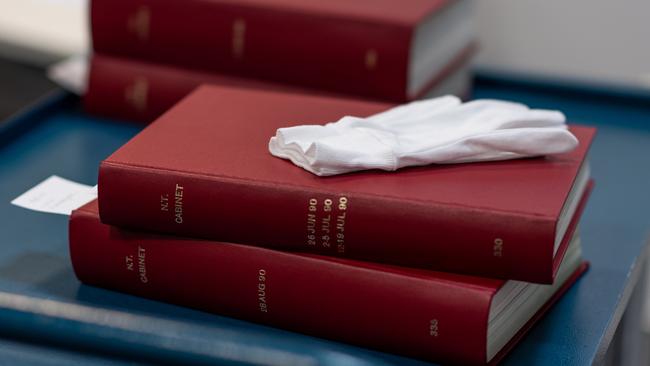
The estimated resident population of the NT in 1990 was 75,200 people, compared to about 246,000 in 2020.
The year 1990 was the year Nelson Mandela was released after 27 years behind bars.
The period also saw then prime minister Bob Hawke announce Australia’s entry into the Gulf War from August 1990 to September the next year.


